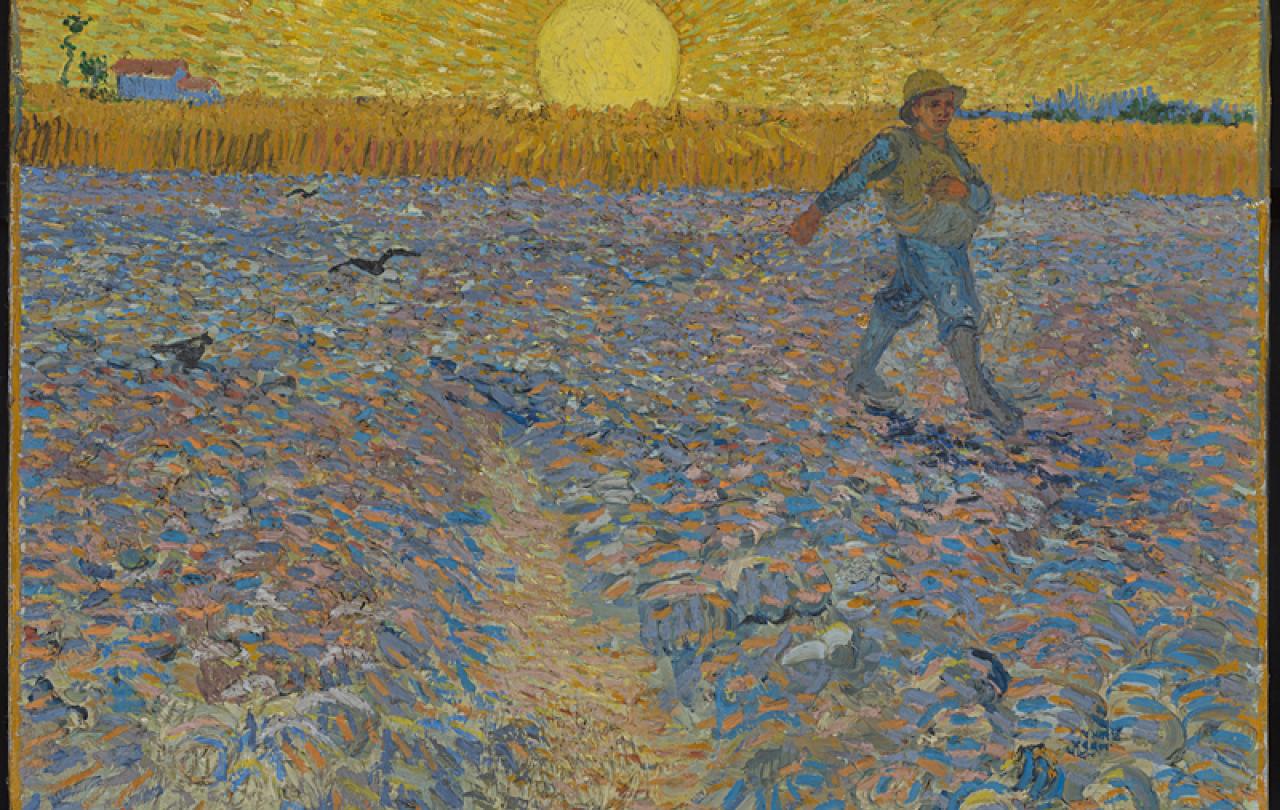
In the past 25 years, London has been overrun by a new luxury health club chain called Third Space. There are now thirteen sites across the city - and one just opened down the road from where I live. You can probably guess what happened next.
I was in the market for a new gym, so I enquired. And I must admit, it was stunning. There’s a beautiful reformer Pilates studio, a state-of-the-art gym floor, spin classes, even a spa. All of which made sense of the monthly fee. But there is also a two-month waiting list to join.
Living in London, where waiting more than five minutes for a tube feels outrageous, this was baffling. When I asked about it, I was told the list was to prevent overcrowding, as spots were “limited.” But when I visited, the gym was nearly empty.
This wasn’t about capacity—it was about exclusivity; a classic case of the scarcity principle: the idea that things become more desirable when they’re harder to access. It’s a tactic brands like Crocs and Stanley have famously used—make something hard to get and everyone wants it.
In its recent report, The Quiet Revival, the Bible Society noted how society has recently lost community “third places” such as pubs, libraries, and local clubs. Home is the first space; places of work are the second space. The loss of traditional third places—those informal, accessible gathering spots—has left a vacuum; we are becoming increasingly fragmented. Changes in work patterns and costly financial barriers to recreation mean fewer people feel rooted in their communities.
As humans, we are wired for connection. Research confirms what we intuitively know: deep community strengthens mental health, reduces loneliness, and brings a sense of purpose. With traditional third places in stark decline, many will now look to curated, branded “third spaces” like exclusive gyms, co-working lounges, or members-only clubs. These new spaces offer belonging—but at a cost. They are often expensive, exclusive, and subtly suggest that you need to be someone to gain entry. There is a bitter irony in Third Space’s success, built as it is on the exact opposite principles of what its namesake was all about.
The Church, by contrast, is radically different. It is not about earning access but receiving grace. There’s no waitlist to get in. No premium fee. No scarcity model. In fact, the more disqualified you feel, the more welcome you are. Grace doesn’t limit access—it throws the doors wide open.
While I have kept my Third Space membership (it really is incredible), I have tried to step more into community life in other ways. I take part in my weekly Parkrun and recently joined my local library. These things have been a gift to me in allowing me to connect with people in my local area in ways that everyone can access.
And I am a big fan of Church, too. Where Third Space focuses on my endeavour to be better, fitter, or stronger, it – and the Parkrun, and the library – encourage community, connection, and mutual care for other people. They are a reminder that grace isn’t scarce, community isn’t earned, and you don’t need a membership card to be welcomed. The doors are wide open—everyone is invited.
Celebrate our 2nd birthday!
Since Spring 2023, our readers have enjoyed over 1,000 articles. All for free.
This is made possible through the generosity of our amazing community of supporters.
If you enjoy Seen & Unseen, would you consider making a gift towards our work?
Do so by joining Behind The Seen. Alongside other benefits, you’ll receive an extra fortnightly email from me sharing my reading and reflections on the ideas that are shaping our times.
Graham Tomlin
Editor-in-Chief





